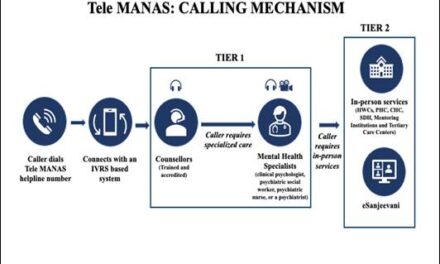A groundbreaking study published in The Lancet Global Health reveals that iron administered intravenously is more effective at treating anemia in pregnant women than traditional oral iron tablets. The study, conducted among pregnant Nigerian women, highlights the efficacy and safety of ferric carboxymaltose, a newer iron formulation delivered through a drip, which works faster and better than the widely-used ferrous sulfate tablets.
Anemia, characterized by low hemoglobin levels, is a common condition in pregnancy, particularly in regions like sub-Saharan Africa and Southeast Asia, where more than 40% of pregnant women are affected. The condition is a major cause of maternal and infant health complications, including death. In Nigeria, many women remain anemic despite taking oral iron supplements due to side effects like diarrhea, nausea, or forgetfulness, or because the tablets are simply not effective enough.
Historically, intravenous iron treatments in Nigeria, such as iron dextran, have carried significant risks of severe side effects, while iron sucrose requires multiple doses to be effective. The need for a safer, more efficient alternative has been pressing. The IVON trial, led by researchers from Karolinska Institutet and Nigerian institutions, aimed to address this gap by testing ferric carboxymaltose in a randomized controlled trial.
The trial enrolled 1,056 pregnant women between the ages of 15 and 49 who were between 20 and 30 weeks pregnant and had hemoglobin levels lower than 10 g/dl. Participants were randomly assigned to two groups: one group received a single dose of intravenous ferric carboxymaltose, while the other was given oral ferrous sulfate tablets three times daily until delivery.
“We used a web-based platform to assign them to treatment groups. Half of the women were treated with one dose of iron given in drip through the vein, while half took iron tablets three times a day till they gave birth,” explained Ochuwa A. Babah, a doctoral student at the Department of Global Public Health, Karolinska Institutet, and co-author of the study.
The women were monitored closely throughout their pregnancies, with hemoglobin and iron levels checked at regular intervals. The study also screened for depression and collected data on the babies’ health, including phosphate levels from umbilical cord blood at birth.
The results were striking. After just four weeks, women who received intravenous ferric carboxymaltose showed a significantly faster rise in hemoglobin levels compared to those taking oral iron. The drip iron also proved more effective at replenishing iron stores in the body. Importantly, there were no notable differences in side effects between the two groups, and the treatment did not negatively affect the babies’ health.
“These findings are reassuring because pregnant women often reject new medicines due to fear of harm to their babies,” said Babah. “We now have evidence that implementing the use of this new drip iron in regions where many pregnant women suffer anemia, like Africa, will be a valuable step towards reducing the proportion of pregnant women who suffer from this condition and its complications.”
The success of the IVON trial has sparked optimism about expanding the use of ferric carboxymaltose in Nigeria. Health care workers were supportive of the treatment, although they identified a need for increased staff and potentially government subsidies to ensure broader access.
“We know from the clinical trial that the drip iron is effective and safe, so we are already liaising with the Federal Ministry of Health, Nigeria, to add it to the essential drug list,” Babah added.
The study’s findings offer hope for reducing the burden of anemia in pregnancy, particularly in low-resource settings, by providing a more reliable and faster treatment option. As the medical community moves towards broader implementation, this advancement could lead to significant improvements in maternal and infant health outcomes across the globe.
More information: Intravenous versus oral iron for anemia among pregnant Nigerian women (IVON): an open label randomised controlled trial, The Lancet Global Health (2024). DOI: 10.1016/S2214-109X(24)00239-0.












